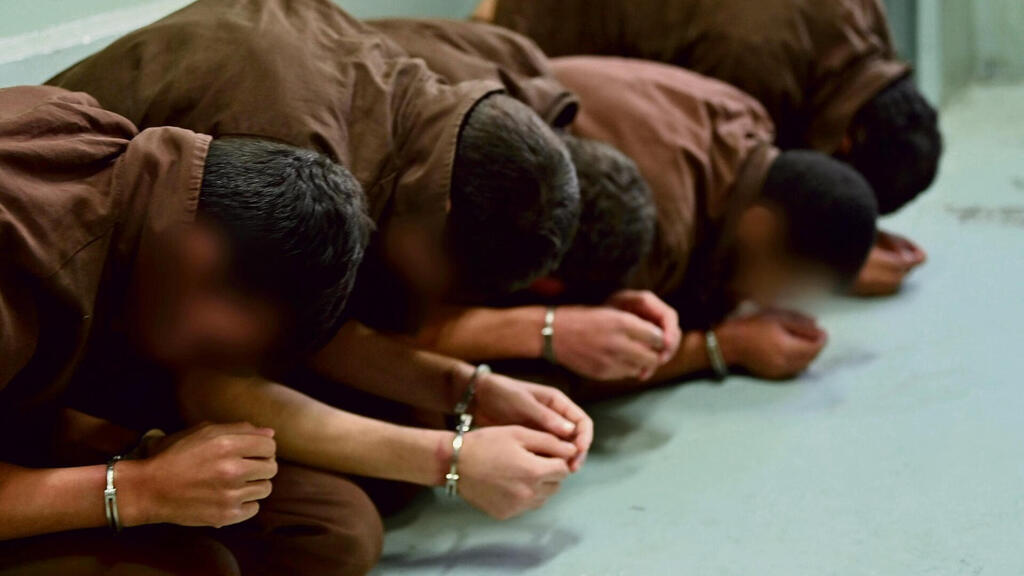Getting your Trinity Audio player ready...
The Cabinet's controversial decision to yield to British pressure and allow visits to the imprisoned Nukhba terrorists holds broader significance than may first appear.
The principle of reciprocity, present throughout history and across cultures, is emphasized in contractual laws worldwide and in rules of games from chess to soccer, which ensure equal starting conditions for all participants.
Reciprocity has long been a feature of warfare. Before international laws limited civilian casualties, armies engaged in mutual atrocities such as killing civilians and prisoners of war, raping women and looting property. For instance, after the Nazis bombed British cities, Britain retaliated similarly—the bombing of Dresden in 1945 was largely seen as vengeance, despite the war being effectively over.
The 1949 Geneva Convention was drafted to mitigate the suffering and injustices of war. It sets out permissible and prohibited actions in war based on two implicit assumptions: first, that the fighting forces are primarily national militaries operating under their government's responsibility and international agreements; second, that there is complete reciprocity in the conduct of war.
Much has been written and said about the laws governing armed conflicts, highlighting the necessity of adherence not only for propriety but also for practical benefits. For example, soldiers are warned that harming prisoners of war could lead to similar treatment if captured.
However, since 1949, the emergence of non-state actors uncommitted to these laws has changed the dynamics. Previously, small terror groups armed with basic weaponry could be overlooked, but groups like Hamas, Hezbollah and the Houthi rebels in Yemen have evolved into formidable forces with capabilities comparable to those of advanced national armies, including arsenals of 200,000 missiles and rockets capable of reaching up to 2,000 km (1,242 miles).
Thus, while these heavily armed groups operate under a murderous ideology without adherence to international laws, the military forces of sovereign democratic nations remain bound by these regulations.
The gap between the United Nations' founding intentions and its current actions has widened, mirroring the dangerous disparity between the theoretical norms of the rules of armed conflict and their real-world repercussions. There is a pressing need to revise these laws with a focus on reciprocity.
This does not imply that actions such as murdering babies or raping women are now permissible in response to enemy tactics. However, when an enemy conceals information about hostages, blocks Red Cross visits and directly contributes to the death of captives, there is no justification for yielding to unreasonable foreign demands, such as the British insistence on inspecting the conditions of the Nukhba prisoners.
 Giora Eiland Photo: Amit Shaal
Giora Eiland Photo: Amit ShaalOne-sided compliance with international law could lead to Israel's defeat. Such constraints also risk legitimizing and encouraging countries to employ militias like the Iran-backed Hezbollah, which operate without these restrictions.
Persistently adhering to the Geneva Convention, written 75 years ago without acknowledging the significant changes since, is both immoral and dangerous to the future of Western civilization.




